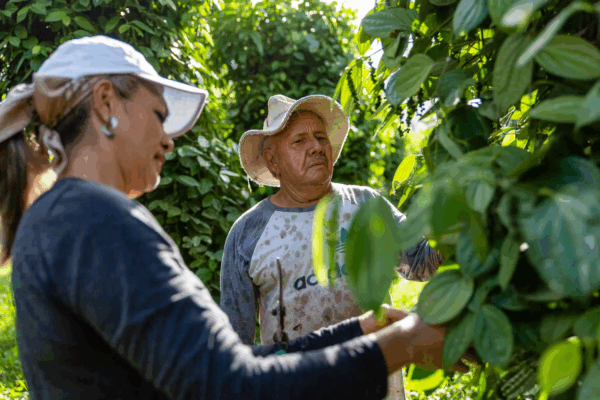At Griffith Foods, we believe that nourishing the world through creativity and care is only possible if we also care for our planet. That’s why we are committed to achieving Net Zero emissions in our direct operations by 2030. We are making steady progress through clear, measurable, and ambitious steps—openly shared in our 2024 Sustainability Report and our track record of sustainable achievements.
What does Net Zero mean? Net Zero is reached when all greenhouse gas (GHG) emissions generated by human activity are first significantly reduced and then balanced out by removing carbon from the atmosphere through carbon removal processes. The Net Zero strategy always prioritizes emissions reduction, using offsetting only as a last resort for unavoidable residual CO₂. These reductions follow a clear trajectory to ensure consistent progress toward the goal.
Our Commitment to Net Zero
We are committed to reaching Net Zero for Scope 1 and 2 emissions by 2030, and to reducing Scope 3 emissions by 50% by the same year, in line with the goals set by the Science Based Targets initiative (SBTi).
In 2023, we achieved a 24% reduction in absolute Scope 1 and 2 emissions compared to our 2019 baseline.
Our total GHG emissions footprint in 2023 was 258,736 tCO₂e, with 97% attributed to Scope 3 emissions—highlighting the critical importance of collaborating with our suppliers and strategic partners.
How we’re getting there:
Energy transition in our facilities: 85% of the electricity we consume globally now comes from renewable sources, and we continue to progress toward 100% renewable electricity by 2030.
Key examples include:
- In Colombia, we installed 745 solar panels, which currently generate 22% of the energy used at our Andean plant. This builds on our global certification for 100% renewable electricity received in 2022.
- In Monterrey, Mexico, we installed solar panels that generate over 20% of the plant’s electricity consumption.
- We purchase Renewable Energy Certificates (RECs) to cover electricity use in our operations across the United States and Canada.
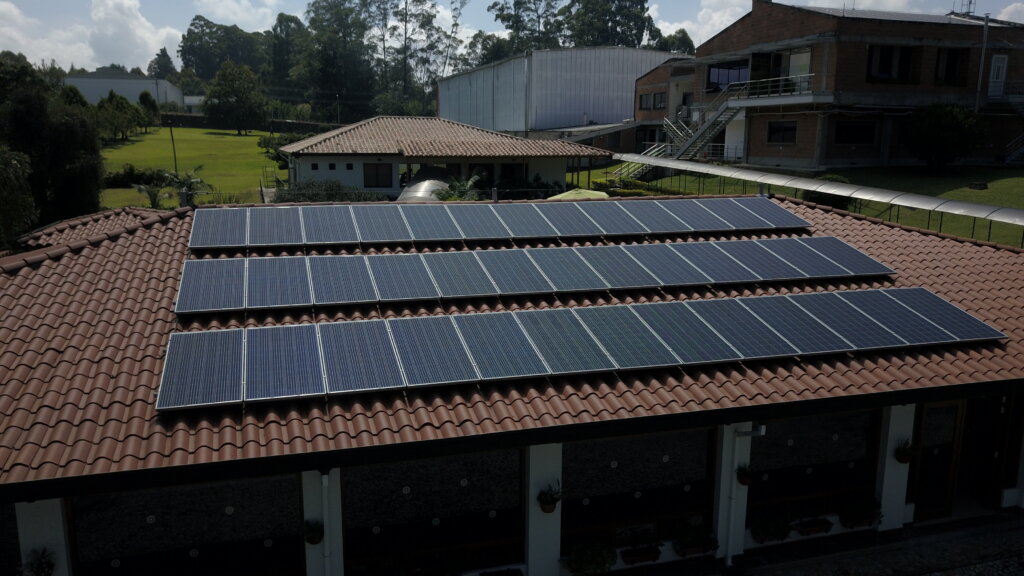
Improving Energy Efficiency and Reducing Consumption: Between 2019 and 2023, we reduced energy consumption per ton of product by 15%, thanks to process optimization projects and equipment upgrades.
Decarbonizing transportation and the Supply Chain: We are promoting the use of hybrid and electric vehicles in our logistics and local deliveries, particularly in the CASA region. In Europe, we launched a pilot with logistics providers to make short-distance deliveries using electric trucks. We are also working with suppliers to improve agricultural practices and introduce regenerative agriculture into our supply chains—positively impacting both emissions and biodiversity.
Regenerative Agriculture and Scope 3 Emissions Reduction: Our regenerative agriculture programs in Colombia and Mexico—through partnerships such as Campo Dulce—are improving carbon capture in soils and reducing emissions associated with key raw materials. We are developing a Supplier Engagement Program to educate and support our key suppliers in measuring and reducing emissions.
Accurate Measurement and Transparency: We use the GHG Protocol methodology to calculate our emissions. Our data is verified by third-party audits to ensure transparency and reliability in our reporting.

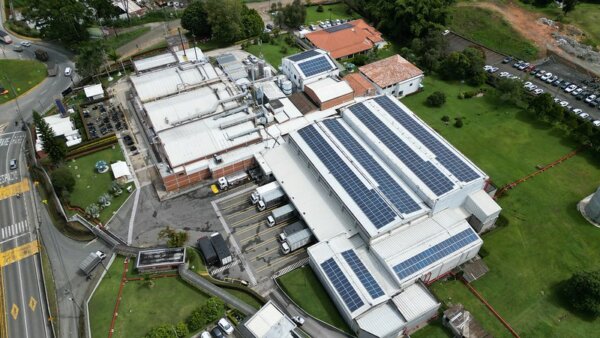
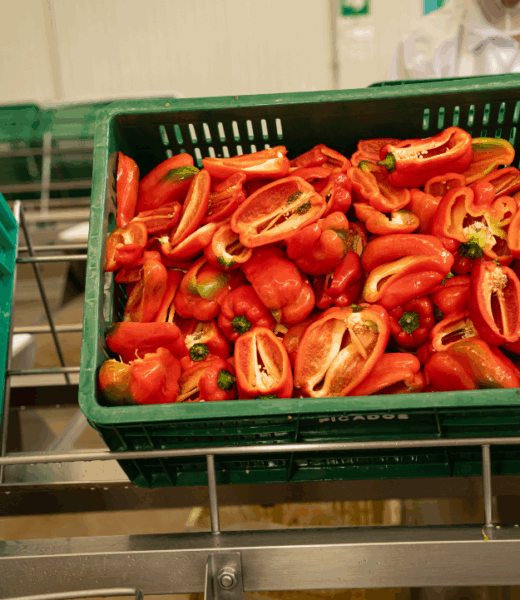
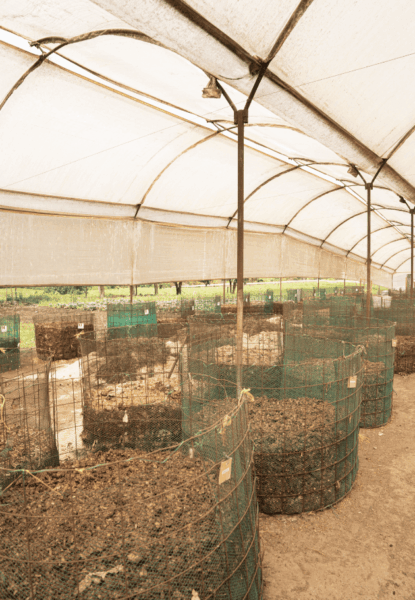

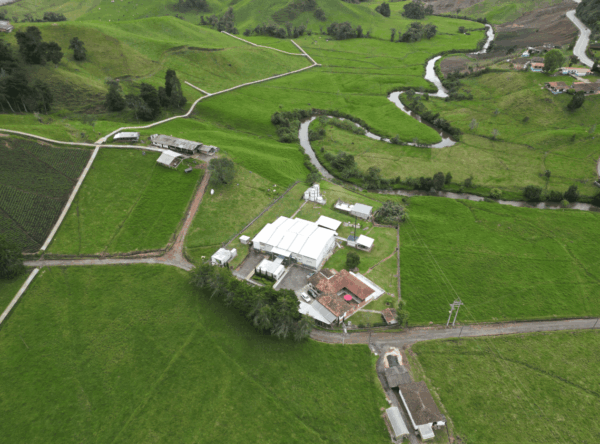
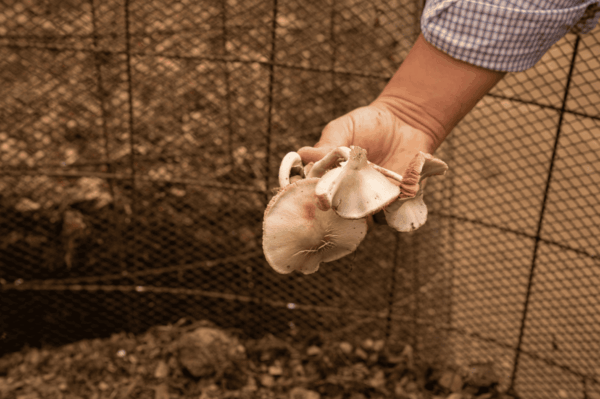

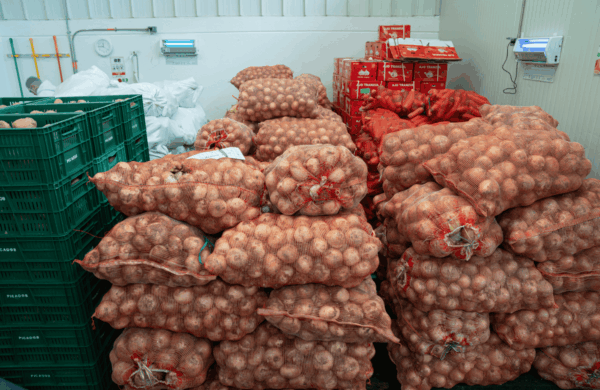











How is our Region doing?
In the CASA region (Central and South America), we’re proud to share milestones that bring us closer to our global goal:
Emission reduction and management: All three of our plants (Colombia, Brazil, and Costa Rica) have received Carbon Neutral Certification, recognizing our greenhouse gas management program. This program is based on compensation mechanisms aligned with the principles of transparency, relevance, reliability, and accuracy.
This milestone reflects our strong commitment to the path toward Net Zero by 2030, backed by concrete actions in Colombia—such as our carbon footprint measurement initiative launched in 2015 and the adoption of solar energy since 2020.
Notable decarbonization initiatives: In Colombia, we implemented projects like heat pumps, expanded solar energy generation, and transitioned from LPG to natural gas. These efforts contribute significantly to our target of reducing absolute Scope 1 and 2 emissions by 50% by 2030.
Next steps:
- Move toward sourcing 80% of materials from sustainable production.
- Increase the use of renewable energy and clean technologies across all our plants.
- Expand regenerative agriculture projects, which are key to reducing Scope 3 emissions.
Conclusion: A purpose-driven future
Reaching Net Zero is not just a technical goal—it is a vital part of how Griffith Foods lives its purpose and its 2030 Aspirations, fostering a business model that cares for people, food, and the planet. We invite our customers, suppliers, and partners to join us on this journey and help build a more sustainable food system—together.

